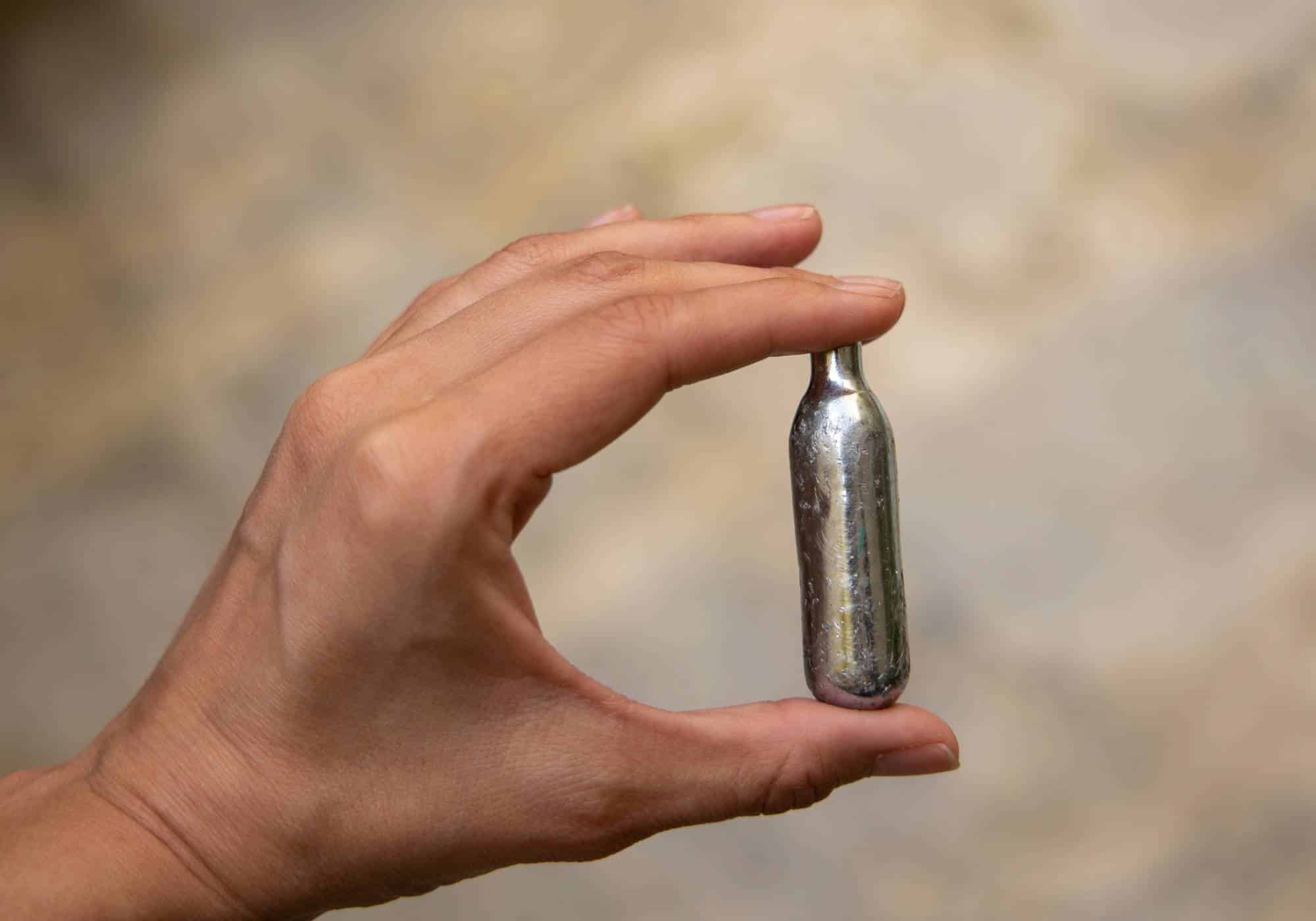Drug addiction is not a unilateral journey. Even for those going through recovery, it is quite apparent that others will get involved. So, suppose your loved one is suffering from drug addiction. In that case, it might be time for some changes and reflection because your behavior and attitude toward them will significantly influence their recovery journey. For instance, you being a constant source of motivation and strength will help them in avoiding relapse. However, you should also have an acute knowledge and understanding of addiction. It will help you connect with your loved ones struggling with it better.
Following are a few elements that would provide greater insight into understanding a drug addict!
- Know what addiction really means: Addiction is a chronic disease. Drugs are highly addictive, and once a person becomes habitual to them, they tend to hold their emotional and physical well-being hostage, causing worrisome behavior. Their brain’s structure and functions are altered, and so is their decision-making ability. Drug abuse can be a choice initially, but over time, it becomes a serious medical condition where the patient must seek professional help before it gets too late.
- ‘Simply stopping using’ is not the solution: To a non-addict’s mind, the most sensible response will probably be telling their addicted loved one to stop consuming drugs simply. However, it is not as easy as it sounds. Drug addiction is a complex condition where the brain becomes dependent on certain substances, no matter the severity of its negative consequences. It becomes almost impossible for the person to stop using the substance single-handedly. That is why you should seek professional help and treatment for them as soon as possible.
- Do not take their antics personally: The most common perception of a drug addict is a bad, relentless person. However, you should try to look beyond their addicted selves and focus on the core of their actual being. Judging the individual for their lack of sympathy or awareness on the matter is not the right approach. Addicts often lose their sense of judgment and the ability to act upon their conscience. Unfortunately, their situation is still out of control even if they can feel guilt.
- The brain game: To understand an addict, one must familiarize themselves with their state of mind. A sufferer’s brain is very much contradictory to logical thinking and reasoning. Their brain is heavily influenced by addiction, so much so that their perception, sense of time, and even basic decisiveness are adversely affected. Thereby stimulating a fractious and desperate behavior.
- Understand their emotions and feelings: Drugs can mess with emotions. Even the most easily available ones, like opiates, have been known to affect the areas of the brain that regulate emotions. Dopamine, a type of neurotransmitter associated with mental health, motivation, and emotions, is highly damaged from drug abuse. Gradually, it surfaces, causing a drastic behavior change, driving their inclination toward obstinacy and manipulation.
About Hope Harbor Wellness/Atlanta Intensive Outpatient Programs
You must have understood the symptoms of withdrawal from Benzodiazepines. Hope Harbor Wellness offers the best addiction treatment in Georgia to help our clients experience life without substance use disorders. Our clients choose us for our proven treatment methods and high-quality, compassionate care. We offer an intensive outpatient program, a partial hospitalization program, and outpatient programs to fit the needs of different patients. Contact us at (770) 573-9546, email [email protected], or fill out our contact form.












